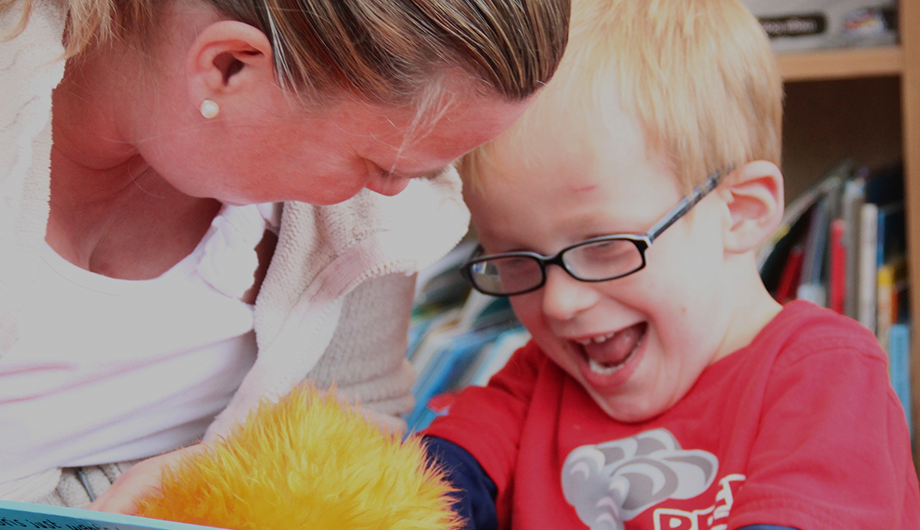
Complaints
This page provides useful information if you are unhappy with the care of your relative, including how to raise a concern and what to do if you are not happy with the outcome of the complaint.

We know some programmes on people with learning disabilities will be distressing for many families. Support and information is available for families and individuals from a range of charities and organisations; some are listed below.
Many people with learning disabilities, autism and mental health conditions receive good quality care and support, however poor care can take place anywhere. Any inappropriate use of ‘restraint’ (physical intervention), seclusion and other restrictive practices could be regarded as either abuse or poor care. These interventions tend to be used in response to behaviour that challenges. They are not always wrong – they may be part of a wider approach to behaviour support that focusses on proactive strategies.
To judge whether an intervention is appropriate or not, ask:
If at any point you believe your family member is at risk of harm, you can discuss your concerns with the local authority in which the person is living. Each local authority has a child protection and an adult safeguarding team who you should contact if you have any suspicion that someone is at risk of abuse.
If your child has sustained injuries through restraint you should contact;
You may also find it helpful to seek independent support and information from one of the organisations listed below.
Poor care, including use of restrictive interventions, can be challenged using advocacy, complaints processes and sometimes by legal challenges. Support and information is available for families and individuals from a range of charities and organisations; some are listed below.
Advice for anyone concerned with the protection of vulnerable children and adults.
Website: www.anncrafttrust.org
Contact no: 0115 951 5400 (Office hours Monday – Thursday 9am – 5pm and 9am – 4pm on Friday)
Email: ann-craft-trust@nottingham.ac.uk
Support for families of children and adults with severe learning disabilities who display challenging behaviour.
Website: www.challengingbehaviour.org.uk
Family Support Service: 0300 666 0126 (available 9am – 5pm Monday to Thursday and 9am – 3pm Fridays)
Email: support@thecbf.org.uk
Helpline for parents and carers in any part of the UK with a disabled child aged from 0 to 25.
Website: www.contact.org.uk
Helpline: 0808 808 3555 (open Monday – Friday 9.30am – 5pm)
Helpline enquiry form: Get in touch with Contact
Advice and information on issues relevant to people with learning disabilities and their families.
Website: www.mencap.org.uk
Helpline: 0808 808 1111 (lines open Monday – Friday 9am – 5pm).
Email: helpline@mencap.org.uk
Support people with autism and their families.
Website: www.autism.org.uk
If you are a member of staff working in the NHS or social care sector and you have concerns about abuse in your workplace, you can read more here on how to raise concern.
Website: www.protect-advice.org.uk
Helpline: 020 3117 2520 (Lines open Mondays, Tuesdays and Thursdays: 9.30am – 5.30pm; Wednesdays and Fridays: 9.30am – 1pm)
Helpline enquiry form: Get in touch with Protect
There is also a Challenging Behaviour Foundation information sheet about The Use of Physical Interventions and a Medication Pathway online resource.

This page provides useful information if you are unhappy with the care of your relative, including how to raise a concern and what to do if you are not happy with the outcome of the complaint.

‘Challenging behaviour’ is how we talk about a range of behaviours which some people with severe learning disabilities may display to get needs met. Find out more about why people display challenging behaviour and how the CBF can help.

This page and information sheet provides details of organisations, books, blogs and other information that family carers may find useful.